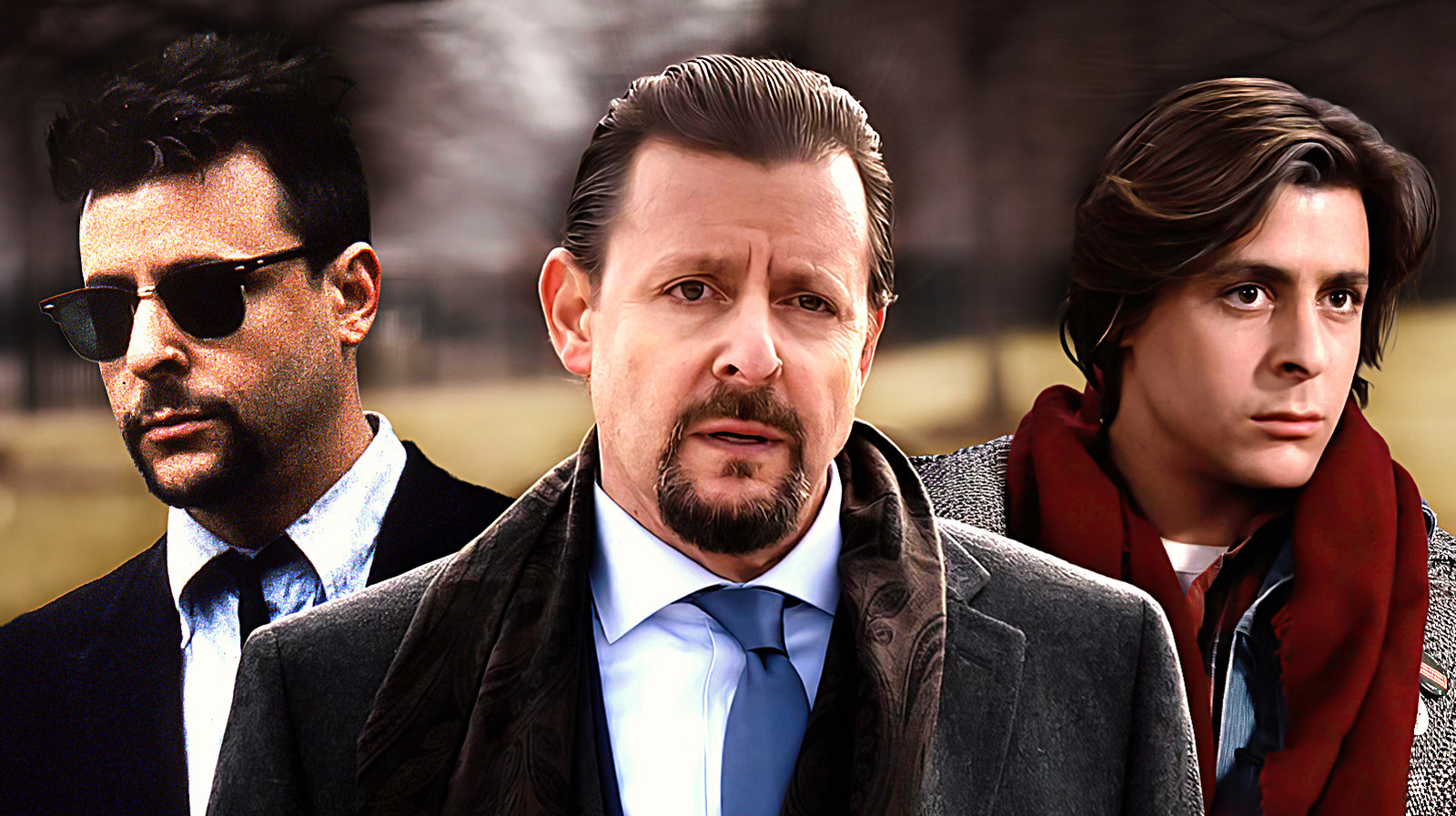Celebritiy
Why Judd Nelson Vanished from Hollywood

Why Judd Nelson Stepped Back From Hollywood
By Jeremy Smith
Dec. 22, 2024
The American film landscape underwent a monumental shift from the late 1960s into the 1970s with the emergence of the New Hollywood movement, which fused traditional film techniques with the raw energy of counterculture. Directors like Francis Ford Coppola, Martin Scorsese, and George Lucas brought a new vision to the silver screen, crafting iconic narratives like Bonnie and Clyde, The Graduate, and M*A*S*H. As the world grappled with social upheaval, cinema provided a lens to comprehend the chaos. However, as the box office grew increasingly lucrative, the Hollywood machine soon adopted a formula-driven approach, marking the end of an era that had redefined filmmaking.
Coppola, one of the most celebrated filmmakers of this movement, faced both triumph and tribulation during this transition. His extraordinary run of films, including The Godfather and Apocalypse Now, was a highlight, but it was countered by the staggering failure of One From the Heart. In dire need of a successful project to revive his struggling Zoetrope Studios, Coppola turned to S.E. Hinton’s young adult novel The Outsiders, a choice that required a cast of youthful talent. The result was a remarkable assembly of new stars, including C. Thomas Howell, Patrick Swayze, Tom Cruise, and Rob Lowe, who seamlessly embodied the raw emotion of the time.
Though they would later be dubbed the Brat Pack, actors like Judd Nelson emerged as standout figures of the 1980s youth film phenomenon. With his rebellious persona and undeniable talent, he became a cultural touchstone, particularly through his role as John Bender in The Breakfast Club, a film that resonated profoundly with a generation. So what happened to Nelson? Why did he fade from the Hollywood spotlight?
Nelson’s upbringing — son of a politician and a lawyer — instilled a sense of resilience in him. He honed his craft under the tutelage of renowned acting coach Stella Adler and made a swift transition from obscurity to stardom with roles in films like Making the Grade and the aforementioned Brat Pack classics, The Breakfast Club and St. Elmo’s Fire.
However, as quickly as the Brat Pack rose to fame, they also faced a rapid decline. Many talented actors became stigmatized as just a passing trend once the late 1980s rolled around. The post-Brat Pack period was particularly challenging for Nelson, whose subsequent films struggled to capture the magic of his earlier work. He starred alongside Ally Sheedy in Blue City, which lacked the necessary direction to elevate it beyond mediocrity. Following that, his performance as a young lawyer in From the Hip showcased his potential yet ultimately left much to be desired, thanks in part to a weak script.
By the time he portrayed a deeply troubled character in the 1989 film Relentless, Nelson’s career trajectory was becoming increasingly erratic. Critics acknowledged his effort, yet the project did not resonate widely, and his knack for captivating performances was overshadowed by a series of less favorable roles.
In 1991, Nelson had a chance to reclaim his earlier charisma as a NYPD detective in New Jack City. Despite delivering a commendable performance, he did not capitalize on the opportunity. Instead, he found himself in a string of direct-to-video films, and eventually, his presence in Hollywood dwindled.
Reflecting on The Breakfast Club years later, Nelson articulated his belief that the film should be viewed within the context of its time. He expressed no regret for playing Bender, whose rebellious spirit encapsulated a certain youth angst. However, Nelson’s brand of rebellion now risks being at odds with contemporary sensibilities, as elements of his character would not resonate well in today’s culturally sensitive Hollywood.
While some may see his absence as a withdrawal from the industry, it seems that the industry may have moved on without him. Nonetheless, Nelson remains active — appearing in recent productions like a remake of The Most Dangerous Game. There’s still hope for a resurgence, and it may come from filmmakers of a younger generation who grew up influenced by the Brat Pack era. Emerging talents like Edgar Wright and Rian Johnson could potentially provide the perfect stage for Nelson to showcase his skills once more.
In his own words, great roles are scarce, but Nelson remains eager for quality material. And if Hollywood could just give him the right opportunity, we might soon witness a revival of this talented star who has faced the ebbs and flows of fame in an ever-evolving industry.
